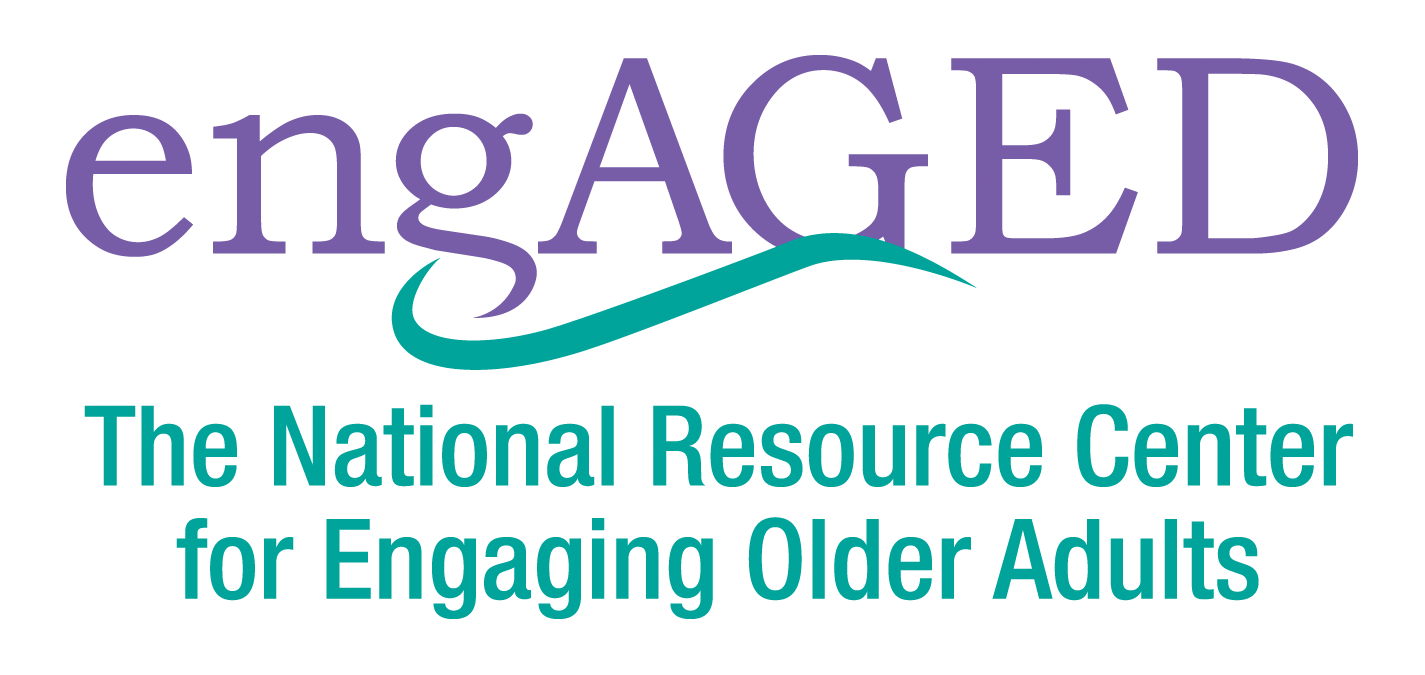In Good Faith: How Faith-Based Organizations can Successfully Engage Seniors
In About Schmidt, a reluctant retiree and former insurance agent, Warren Schmidt struggles to find meaning and purpose as he sheds the regimented existence he has known for 30 years. Melancholy by nature, Schmidt not only finds retirement distressing but feels alone and isolated, a sentiment that is further complicated when his wife unexpectedly passes away and his relationship with his daughter becomes strained.
Making a Difference in the Lives of Others
With no other family or friends in Omaha, Schmidt sets off in his Winnebago to attend his daughter’s wedding where he meets interesting people and finds some measure of peace. Yet, it isn’t this trip that lifts Schmidt’s social isolation and sadness. You see, has become pen pals with an orphan named Ndugu who he writes regularly. One day Schmidt receives a response from Ndugu’s caregiver explaining that because Ndugu is too young to read or write, she reads Schmidt’s letters to him. Along with the letter Ndugu’s caregiver sends a picture that Ndugu has drawn of he and Schmidt holding hands. Deeply touched by the picture, Schmidt’s mood lightens, and he recognizes that he can still make a difference in the lives of others. It is with this knowledge that Schmidt looks at retirement with a renewed sense of meaning and purpose.
Schmidt’s experience with retirement is not uncommon. In fact, many older adults may find that they are not sure how to share their spiritual gifts and talents. Faith-based organizations are in a unique position to engage retired adults, a practice that can enhance the well-being of both older adults and the community.
Three tips for Faith-Based Organizations Seeking to Engage Older Adults
Faith-based communities that seek to engage older adults may find the following tips helpful:
Ensure your faith-based organization is sensitive to the needs of older adults. Some faith-based organizations simply do not know how to engage older adults. In order to plan an effective outreach program for older adults, it is important to take time to learn their individual needs. Access to the proper information can make all the difference as to whether seniors will feel comfortable and valued.
Build an adult ministry. Partner with the local Area Agency on Aging or community college to educate yourself and members of the organization about the normal aging process. Combining spiritual and scientific knowledge about aging is the foundation of a successful adult ministry.
Focus on the spiritual gifts of the individual. Older adults enrich others with a wide range of spiritual strengths. Be sure that you are using their time and talents are used wisely. For example, some older adults have the gift of song and participate as a member of the choir, while others may be excellent at creating a newsletter or working with teenagers. Take the time to determine individual gifts to ensure that the work older adults do is personally meaningful.
Older adults often turn to their faith-based communities as they retire. Faith-based organizations must be prepared to meet the unique spiritual needs of older adults while engaging them in activities that provide meaning and purpose to their lives.
This blog post was written by Eboni Green, Ph.D., R.N., Chair of the American Society on Aging’s Forum for Religion and Spirituality. She is a registered nurse, family caregiver and co-founder of Caregiver Support Services of Nebraska, a nonprofit offering training and consulting for family caregivers.

